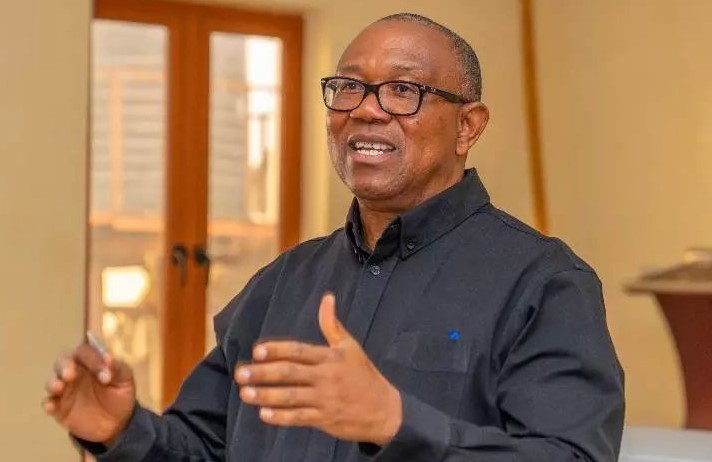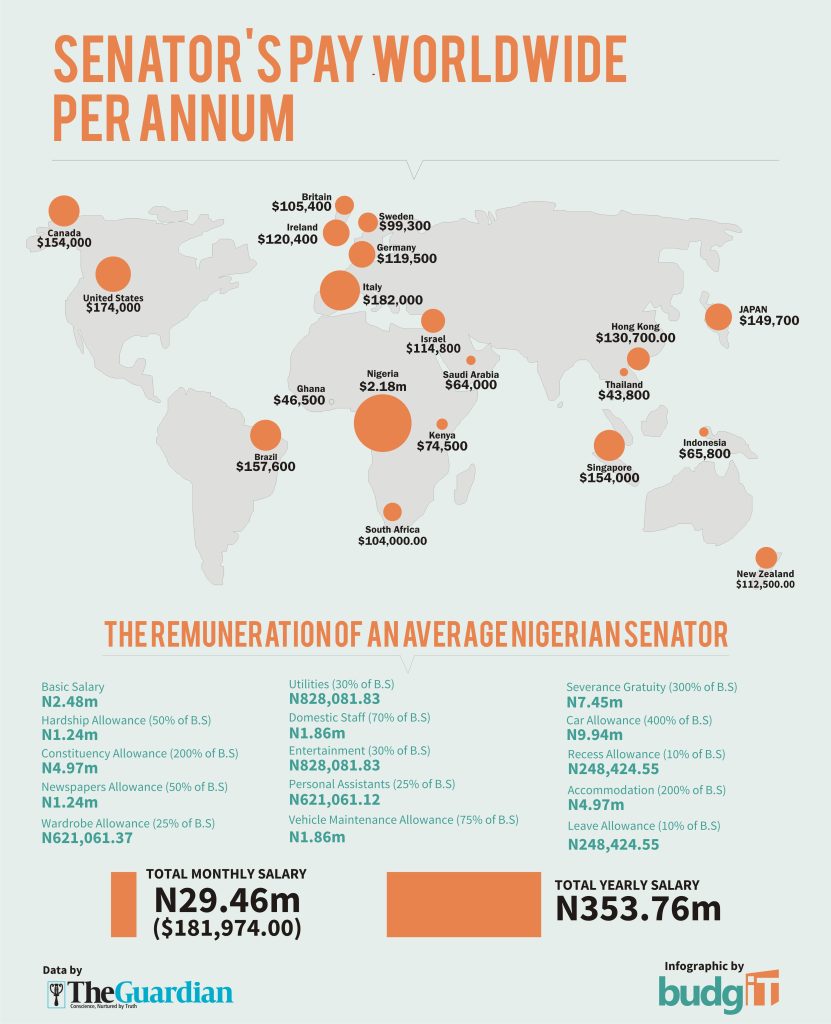N160m jeep bought for SSCE senators will take a Phd holder 85 years to acquire – Obi
PETER OBI: “A recent news story attributed to the Executive Secretary of the National Universities Commission (NUC) regarding the decline in the standards of our university education has highlighted the significant challenges facing our education system.
According to the Executive Secretary, the situation requires the production of more PhD holders to address these issues. However, the Executive Secretary’s solution overlooks several obstacles, such as the unnecessarily prolonged time it takes to obtain a PhD in Nigeria and the frustrating disparity between wages and the level of academic attainment in the country. Though deeply troubling, I wonder how he expects an increase in PhD holders when it takes a minimum of 10 years of dedicated study after secondary school to earn a PhD.
If fortunate, one might be employed as a Lecturer Grade 2 with a monthly salary of around ₦150,000, often paid irregularly, totaling N1,800,000 annually. In stark contrast, our legislators, whose required educational qualification is merely a secondary school certificate, receive a monthly salary of ₦21 million, which is more than 10 years salary of a PhD holder.
This disparity is the root of the problem. Additionally, legislators are provided with SUVs worth ₦160 million from the public purse. For a PhD holder to afford such a vehicle, it would take over 85 years of saving [b]every kobo earned. The solution lies in shifting our society from a consumption-driven mindset to a production-oriented approach, where hard work, innovation, and talent are valued and rewarded.[/b]
By prioritizing investment in education and innovation, we can create a system that celebrates knowledge, expertise, and dedication, rather than political positions and influence.
This transformation is essential to restoring Nigeria’s former prestige in global education rankings and elevating the quality of our higher education system.
A new knowledge based Nigeria is indeed POssible.













Add Comment